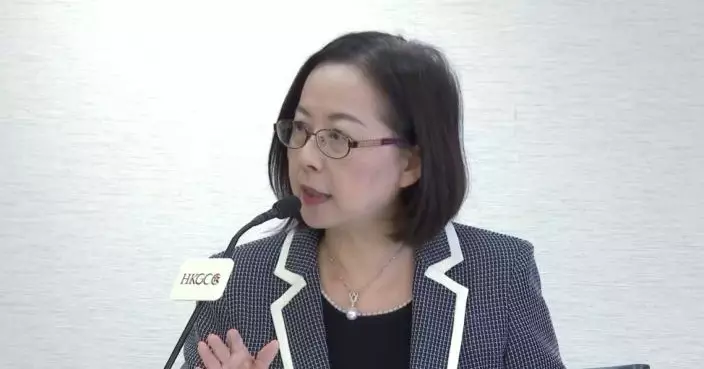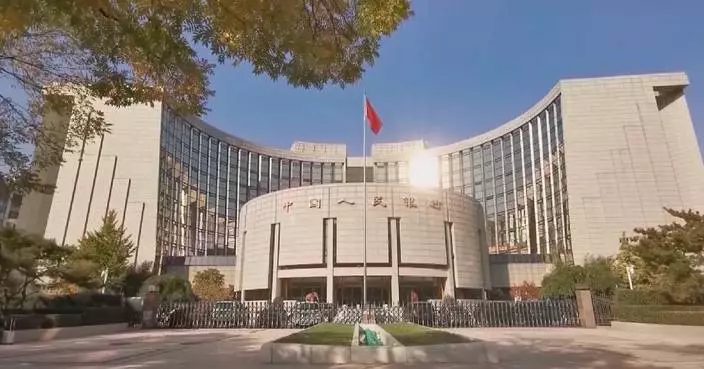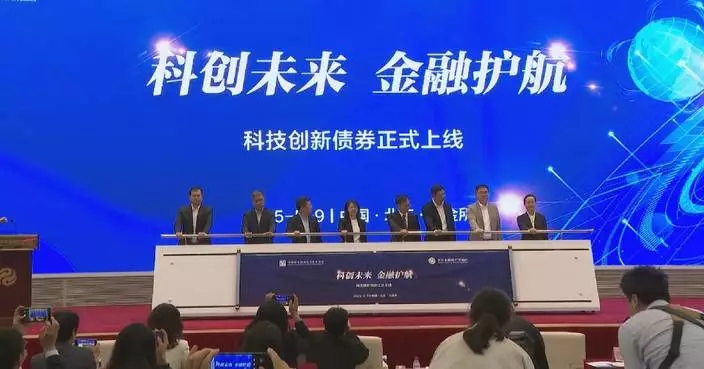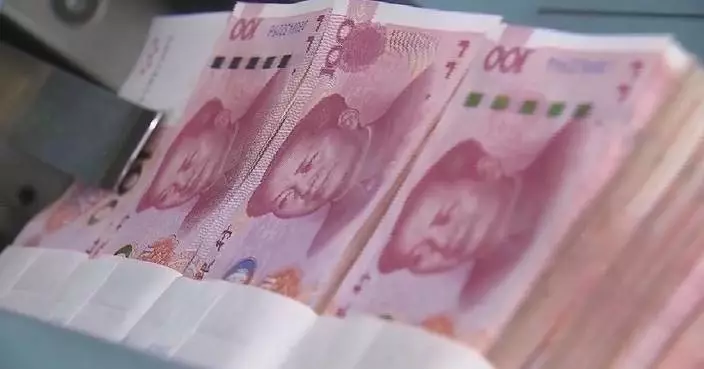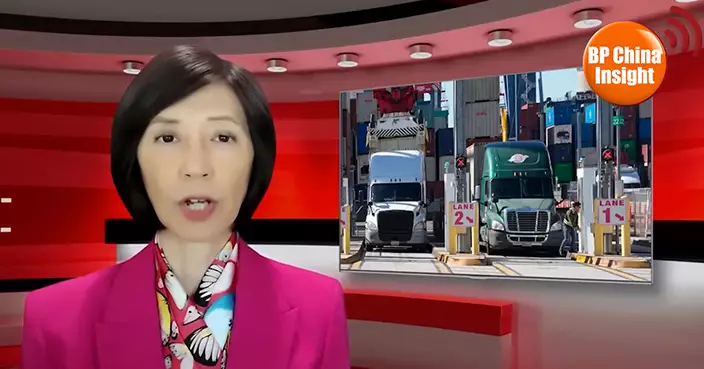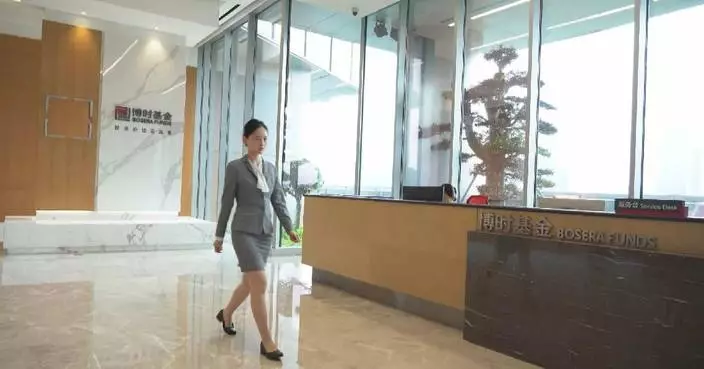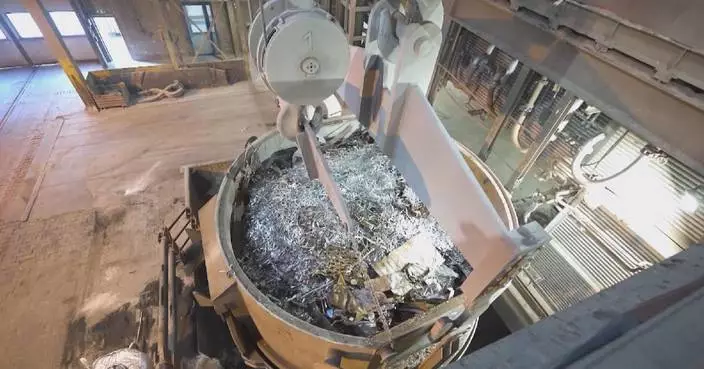CFS announces risk assessment study results on microbiological quality of packaged rice balls
The Centre for Food Safety (CFS) of the Food and Environmental Hygiene Department today (December 30) announced the results of a risk assessment study on the microbiological quality of packaged rice balls. All samples were compliant with the microbiological food safety criteria for pathogenic bacteria (i.e. Listeria monocytogenes, Staphylococcus aureus and Bacillus cereus). The overall result was satisfactory.
A spokesman for the CFS said, "Rice balls in convenient packages can facilitate consumers to consume them on-the-go and has thus gained in popularity. The CFS conducted a study and collected 63 pairs of samples of packaged rice balls from four takeaway chains and five supermarket chains or convenience store chains in different regions of Hong Kong between February and March this year. The change in microbiological quality after leaving the samples concerned under ambient conditions for a period of time was assessed against the criteria stipulated in Microbiological Guidelines for Food."
The study results showed that the overall microbiological quality of the samples was satisfactory. Only one rice ball sample with braised salmon was detected to have an excessive level of E. coli, resulting in an unsatisfactory rating for hygienic quality, but there was no food safety concern. This indicated that there may be room for improvement in the food manufacturing and handling processes. The CFS has provided advice on the food preparatory process to the concerned manufacturer. A follow-up sample was taken, and the result was satisfactory.
Furthermore, regarding the change in microbiological quality of packaged rice balls after leaving the samples concerned under ambient conditions for a period of time, among the 58 samples to which the aerobic colony count (ACC) criterion was applicable, only one sample kept at ambient conditions after purchase for four hours was found to be borderline for ACC, while all the others were found to be satisfactory. However, three of these samples had an ACC more than 10 times higher than the control samples that were refrigerated at 4°C or below immediately after purchase. The ACC is an indicator of quality rather than safety and hence does not indicate a food safety concern. Nevertheless, the ACC can provide useful information about the general quality and remaining shelf life of the food.
The food trade should follow Good Hygiene Practices at all times and consider the advice below regarding the safe handling of packaged rice balls:
Food handlers should receive proper training to prepare rice balls properly and prevent contamination of rice balls;
The preparation areas for raw food should be separated from areas for handling ready-to-eat foodas far as possible to minimise potential cross-contamination;
The schedule or sequence of rice ball preparation should be planned to avoid leaving perishable/ready-to-eat ingredients under ambient conditions for too long;
In general, rice balls intended to be displayed for a prolonged period should be refrigerated after preparation;
Control measures for limiting microbial growth so that the rice balls canbe kept at temperatures above 4ºC for a certain period of time should be validated; and
Recommendations on storage conditions should be provided for the safe handling of rice balls by consumers.
Members of the public are also reminded to take heed of the following recommendations to ensure the food safety of packaged rice balls:
Consume rice balls as soon as possible after purchase;
For packaged rice balls, follow the storage instructions available on the packaging and consume them before the use-by date;
Refrigerate packaged rice balls at 4°C or below if they are not to be consumed immediately.
The study is available on the CFS's website at www.cfs.gov.hk.
Largest water drop-shaped installation of Dancing Water Drops Exhibition on display tomorrow
The Dancing Water Drops Exhibition, the large-scale art installations exhibition in celebration of the 60th anniversary of Dongjiang water supply to Hong Kong, will present a 28.8-metre-tall water drop-shaped installation for the first time tomorrow (May 11). It is by far the largest of its kind among similar exhibitions. The exhibition will run until June 13 at Tamar Park and the Central and Western District Promenade (Central Section).
In her speech at the launching ceremony for the giant water drop-shaped installation today (May 10), the Secretary for Development, Ms Bernadette Linn, said that the installation is by far the largest and tallest of its kind, signifying that the uninterrupted water supply from Dongjiang to Hong Kong over the past 60 years is like a mother's unconditional love and care for her children. She encouraged the public to visit the exhibition with family and friends on Mother's Day and take photos with the giant water drop-shaped installation at the beautiful Victoria Harbourfront, and reinforce their understanding about the importance of Dongjiang water and be grateful for the care rendered by the country.
Other officiating guests included the Permanent Secretary for Development (Works), Mr Ricky Lau; the Acting Director of Water Supplies, Mr Stanley Chan; internationally acclaimed artist Simon Ma; Vice Chairmen of the DC Charity Foundation Mr Richard Lo and Mr Edwin Chuang; and the director of the Po Leung Kuk, Ms Fay Cheung.
The Dancing Water Drops Exhibition was specially created by Simon Ma in celebration of the 60th anniversary of Dongjiang's water supply to Hong Kong. The display of "never-fall" water drop-shaped installations of various sizes symbolises the vitality that Dongjiang water brings to Hong Kong and social inclusion, as well as the "never-give-up spirit" of Hong Kong people. Please visit event webpage for details of the exhibition.
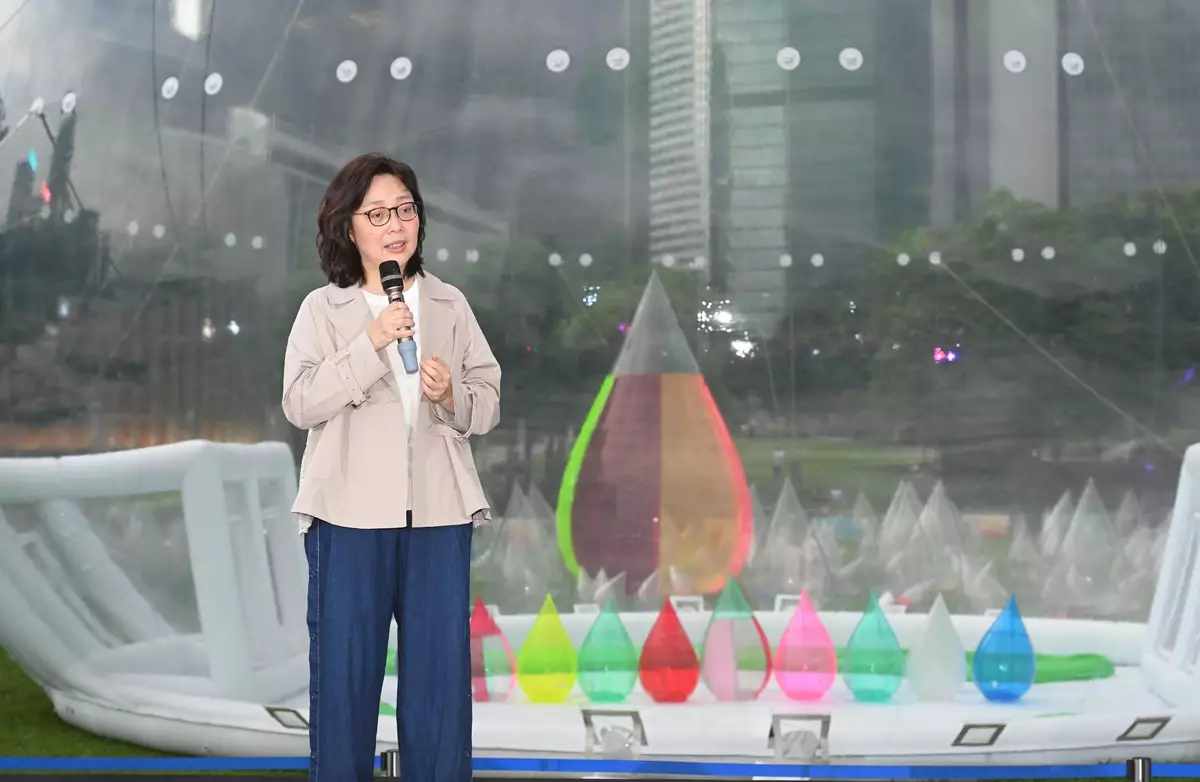
Largest water drop-shaped installation of Dancing Water Drops Exhibition on display tomorrow Source: HKSAR Government Press Releases

Largest water drop-shaped installation of Dancing Water Drops Exhibition on display tomorrow Source: HKSAR Government Press Releases

Largest water drop-shaped installation of Dancing Water Drops Exhibition on display tomorrow Source: HKSAR Government Press Releases








